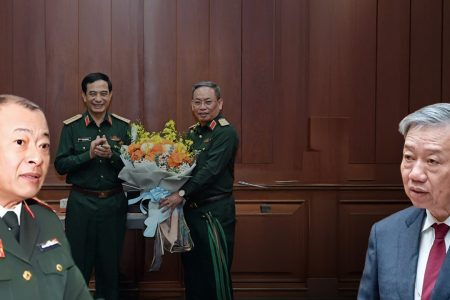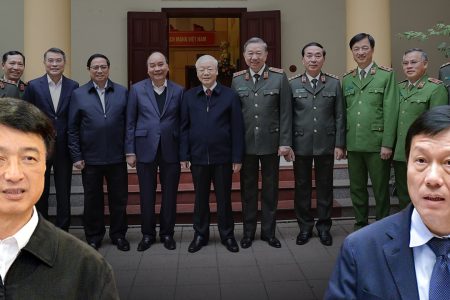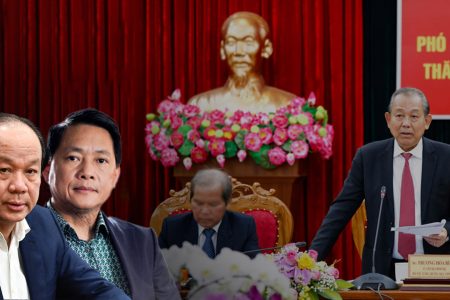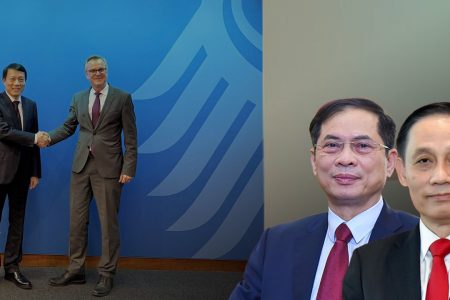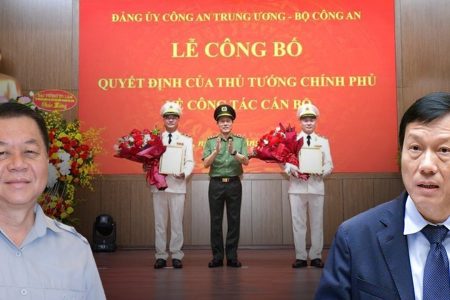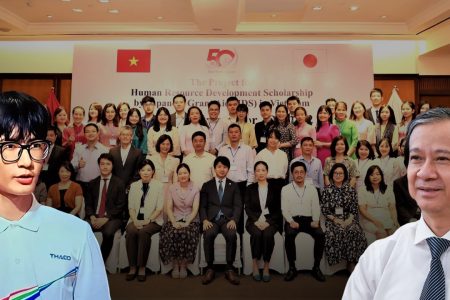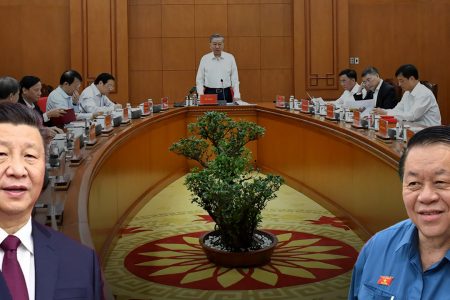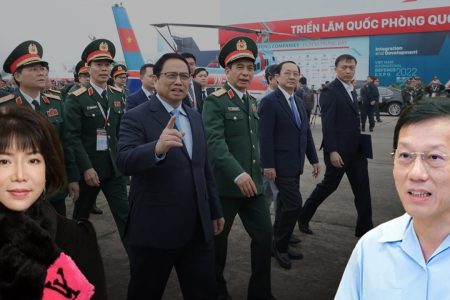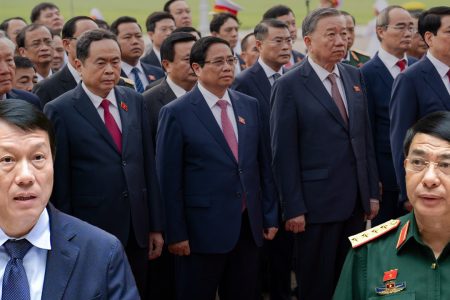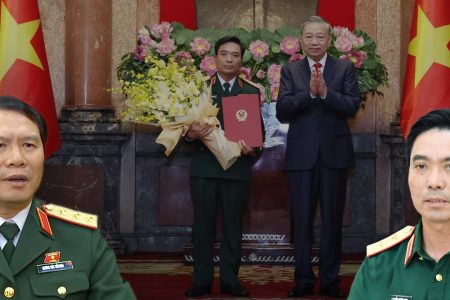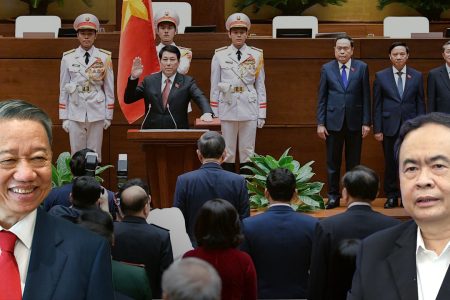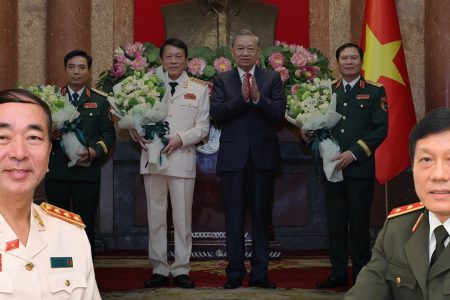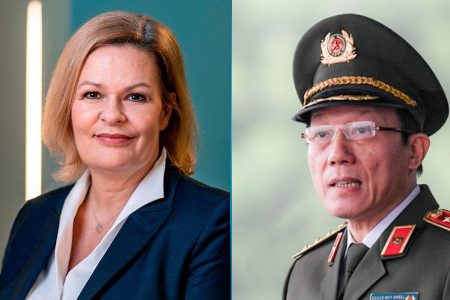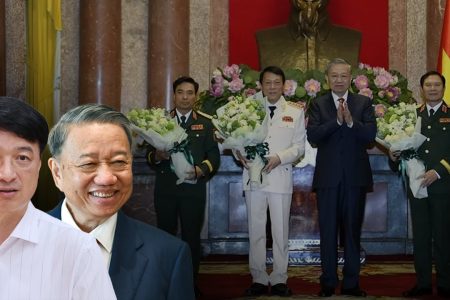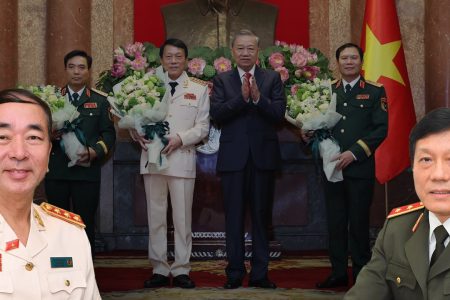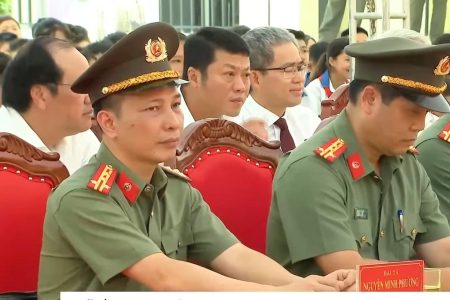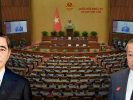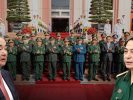
On Feb 3, Chinese leaders publicly declared a “people’s war” on corona virus. But analysts say that Xi is facing not only the epidemic, but also the country’s political situation.
In the article tittled “China’s Leader Wages a War on Two Fronts—Viral and Political” in the Wall Street Journal, writers Jeremy Page and Lingling Wei stated that Xi Jinping is facing the biggest challenge in his career.
Xiao Qiang, a scholar who studies the Chinese Internet at the University of California, Berkeley was quoted as saying:
” This is not just a public health crisis. He seems to be dealing with an internal political crisis.”
Page and Wei point out that before the corona virus outbreak caused more than 700 deaths, and left more than 34,000 people infected, Mr. Xi was already under fire from some of China’s political and business elite over his handling of the nation’s economic slowdown, the U.S. trade war and Hong Kong’s pro-democracy protests. He has largely blamed hostile foreign forces, seeking to rally public support.
But, they argue, The coronavirus epidemic is different. Many Chinese feel directly threatened, propelling a crisis that strikes at the core of Mr. Xi’s claims of strong leadership, as well as the authoritarian system he champions as a model to the world.
Concerns, and the anger of the Chinese people exploded greatly upon the news that Dr. Li Wenliang’s death was sought to be concealed by the government, after silencing news of the corona virus when it first broke out.
He was the first doctor to raise a warning about the risk of corona virus, and thus was summoned to the Public Security Bureau and charged with “making false comments” that seriously disrupted social order. “Under the great pressure of public opinion, the Supreme Court of China on Jan 29 made an unprecedented move issuing a statement reprimanding Wuhan police for punishing eight people who were supposedly spreading “rumors” online.
The death of the Chinese doctor who sought to warn of an outbreak of corona virus without success, caused public outrage and grief across China.
Accompanying grief and anger is the loss of confidence in the government, the seed of dissent. Chinese censorship is now working to counter opposition.
In a rare solidarity, nearly every element of Chinese society questions: Freedom of speech – why there is no freedom of speech for people, why no right to question and the right to know, and why all media is the mouthpiece of the government !!!”
No such collective reaction has ever been witnessed, at least since 1989 when the Tiananmen massacre occurred.
Analyzing the situation that there has been little voice of disagreement in China before, the two authors write:
“For a long time, Many Chinese people have embraced Mr. Xi’s top-down leadership style, saying China needs strong, centralized government to combat corruption and escape a prolonged economic slowdown.”
However, many others, especially now, argue that Dr. Li’s death reflected the stifling of dissent under Mr. Xi, and the advance of loyalty and ideology over initiative and open debate.
They said: “The quick end of this epidemic will limit political collapse. But the continued spread of the corona virus is threatening Xi’s indefinite rule of rule and could put the Chinese Communist Party facing serious loss of public support.”
Xu Zhiyong, a former lecturer at Beijing Posts and Telecommunications University, published an online essay with the content: “Medicine will not save China: Democracy will save China.” He is a famous Chinese civil rights activist, but he rarely speaks openly like that.
The more the CCP controls its speech and information, the more it will increase public panic, which is not conducive to disease prevention and control.
Because Chinese people are accustomed to thinking that if the CCP government wants to silence, control, it means the situation is very serious.
A message posted on Feb 5, 2020 on the Chinese spokesman’s Twitter Account – that the country has received aid from Unicef and the Government of 21 countries but Vietnam has not been named.
In the article “Monitoring all but health”, the Hong Kong newspaper Minh Bao identified this as the failure of the Chinese surveillance system against the corona virus. With all the tools available, the authorities should have been able to detect the outbreak. However, this system is set up to suppress, not for services useful to the general public.
While this case did not appear to be political, it raised suspicion of its neighbors, and the Chinese government lost a game on the international stage.
One may question why such an epidemic crisis of such magnitude could occur, at the time when Beijing possessed an increasingly perfect surveillance system.
The government did not hesitate to pour money into information technology, and became a science and technology superpower.
But national security comes first, personal freedom is nothing. The authorities should have been able to quickly monitor the whole country.
According to the rankings of technology research site Comparitech, among 10 cities with the most security cameras in the world, China accounts for 8. They include not only Beijing, Shanghai, Guangzhou but also Chongqing and Wuhan – the city where the outbreak of corona pneumonia 2019 nCoV.

Many Mainland Chinese newspapers confirmed that the first new case of corona virus infection was discovered at Wuhan Hospital on Dec 8, 2019. By the end of December 2019, Wuhan City’s epidemiological committee noted 27 strange cases of pneumonia. On Dec 31, Hoa Nam market, considered the starting point of corona virus, still operated normally, while many employees fell ill and later were diagnosed with virus infection. The market was ordered to close the next day. How did they have to wait until Jan 20 to know thanks to professor Zhong Nanshan – a doctor specializing in lung disease isolated the SARS virus.
Clearly in this case, the surveillance system has been powerless to incite the relevant authorities, and ensure the lives of its citizens.
Why ? First of all, the government hid the epidemic for fear of being held responsible, or for fear of image deterioration. Second, the surveillance system is only for protection of the regime, not for disease prevention.
By the time the epidemic broke out, officials were in complete panic!
Only two days later, Professor Zhong Nanshan confirmed that the virus not only spreads but also reaches a peak of “super-transmission”, that is, one person can infect many others. A patient undergoing neurosurgery infected a doctor and 13 nurses!
But because the city’s authorities wanted to prove that everything was fine, on Jan 18, they permitted a huge party with 40,000 families to join, determined to beat the world record. This terrible irresponsibility resulted in the isolation of the 60-million Hubei.
Why they were trying to hide for more than three weeks, then suddenly embarked on an unprecedented total war?
Answer: it is Xi Jinping – suddenly on Jan 20, suddenly ordered “resolutely against the corona virus spread,” threatening to punish those who hide the information.
But these tough statements were made too late, the gold time was gone, and people feared the losses would be 10 times higher than those of the SARS epidemic.
The historian Zhang Lifan explained: “Because in China nothing can be done without the green light of Xi Jinping, officials at all levels are waiting for themselves, just executing the above order for out of trouble. However sometimes action is required.”
Security officers change guard at a checkpoint by the Truong Giang River in Jiujiang (Jiangxi Province), not allowing traffic with Hubei, Feb 1, 2020
Deeper, despite its economic success, China is powerless to reform its food supply chain and health system – clearly pathetic.
Numerous scandals, from melamine-containing milk, wicked vaccines to swine flu, kill a quarter of all pigs worldwide, and the risk from thousands of wildlife markets. These are endless reserves of viruses that jump from one animal to another and end up mutating to make people sick.
The downside of Xi Jinping’s top-down control system is that no one takes action until they are approved by the highest authorities, and then overreact to satisfy the request for top management.
Chinese leaders have always emphasized the one-party regime is vital for stability and development. The world will judge because of a dictator’s ability to stop the corona epidemic, or because of a dictator the new virus has spread to many countries around the world.
But first of all the crisis clearly shows a country that talks a lot about solidarity and great things, but is easily divided and has little trust. It is a disease that Chinese Communist Party leaders seem to have no cure for.
China and Vietnam are two similar countries according to the Communist regime full of suffering and death.
Their goal was to fight against the class, so when facing a dangerous epidemic of human life, the Communist Party was very embarrassed.
They can only use technical means and conceal information, hide and threaten people from telling the truth, which has exacerbated the spread of disasters.
In the end, only ordinary people are suffering painful deaths.
Hai Yen from Ha Noi – Thoibao.de (Translated)



